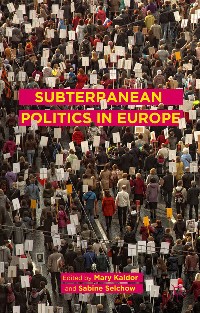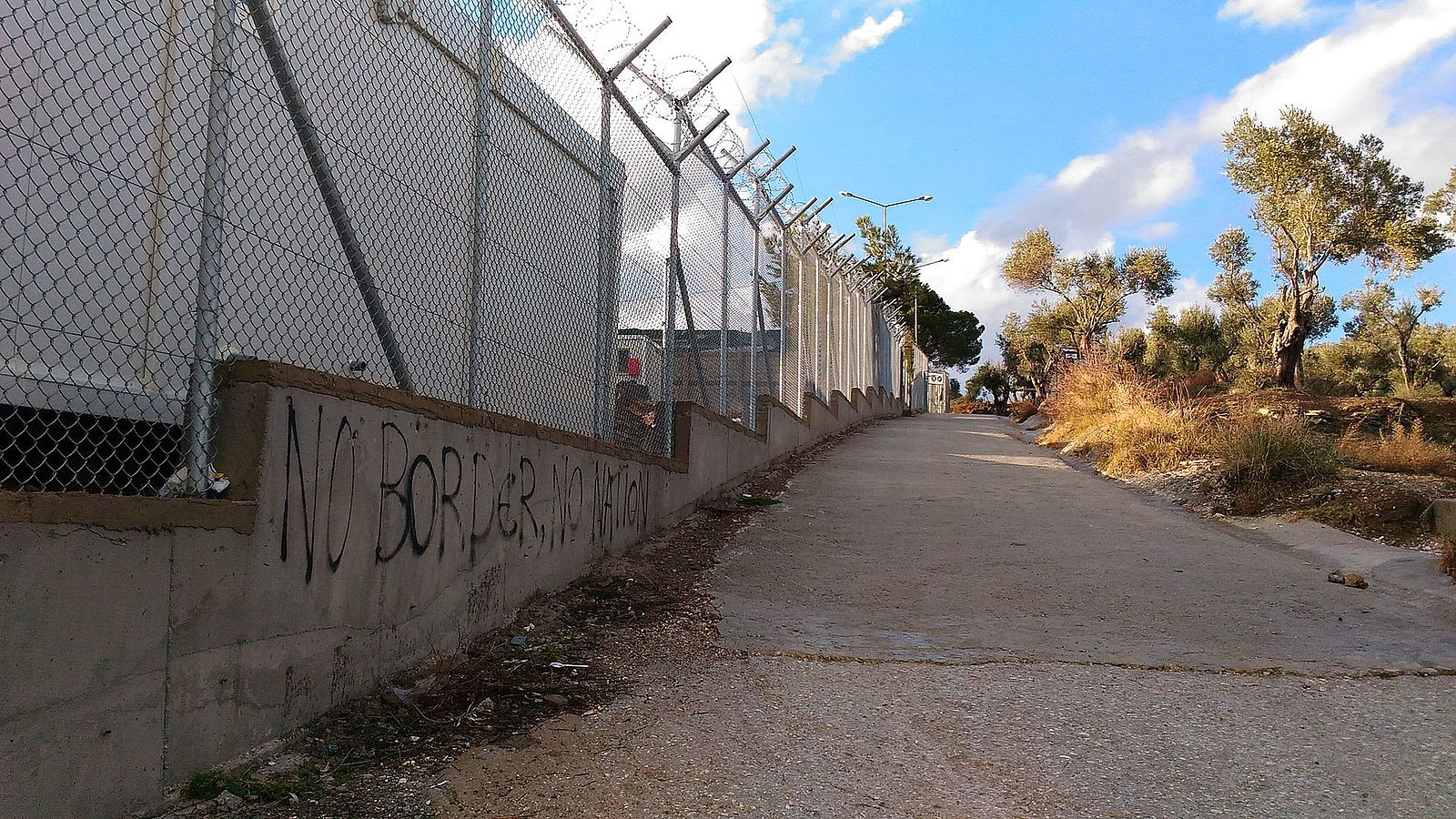Watch Professor Mary Kaldor discuss activism, Europe and the aftermath of the Greek elections with Ludovica Rogers and Hara Kouki. The conversation was organised by LSE’s Civil Society and Human Security Research Unit in collaboration with Euro Crisis in the Press and with funding from the Open Society Initiative for Europe (OSIFE).
About the Subterranean Politics in Europe project
 Since 2011, when a series of ‘new’ protests and political initiatives bubbled up across the continent, the unit has been researching ‘Subterranean Politics in Europe’. We use the term ‘subterranean politics’ to describe emerging forms of protest and debate; the term is close to our interpretation of civil society not as NGOs but as a medium through which individuals challenge, resist, reconceptualise, and/or reconstruct the centres of economic and political authority. The aim of the first stage of this project was to map the debate about the future of Europe, elucidate the emerging political dynamics and to identify key nodal points where change is possible. Our initial report was published in 2012 and is available here; a book on the project was recently published by Palgrave Macmillan.
Since 2011, when a series of ‘new’ protests and political initiatives bubbled up across the continent, the unit has been researching ‘Subterranean Politics in Europe’. We use the term ‘subterranean politics’ to describe emerging forms of protest and debate; the term is close to our interpretation of civil society not as NGOs but as a medium through which individuals challenge, resist, reconceptualise, and/or reconstruct the centres of economic and political authority. The aim of the first stage of this project was to map the debate about the future of Europe, elucidate the emerging political dynamics and to identify key nodal points where change is possible. Our initial report was published in 2012 and is available here; a book on the project was recently published by Palgrave Macmillan.
Find out more about the new book here.
During the second phase of our research, we are focusing on one of the primary findings of that report: namely, that there is a fundamental mismatch between the portrayal of the crisis in Europe by policy makers and in the mainstream media and the concerns of the groups and individuals engaged in subterranean politics. In collaboration with the LSE Euro Crisis in the Press team and with the contributions of academics from across Europe, we are examining the narratives of the crisis that dominate so-called ‘public discourse’ across Europe, attempting to highlight key features of this mismatch. Both phases of this project have been carried out with the support of the Open Society Initiative for Europe (OSIFE).
Follow the work of the Civil Society and Human Security Research Unit here.






2 Comments